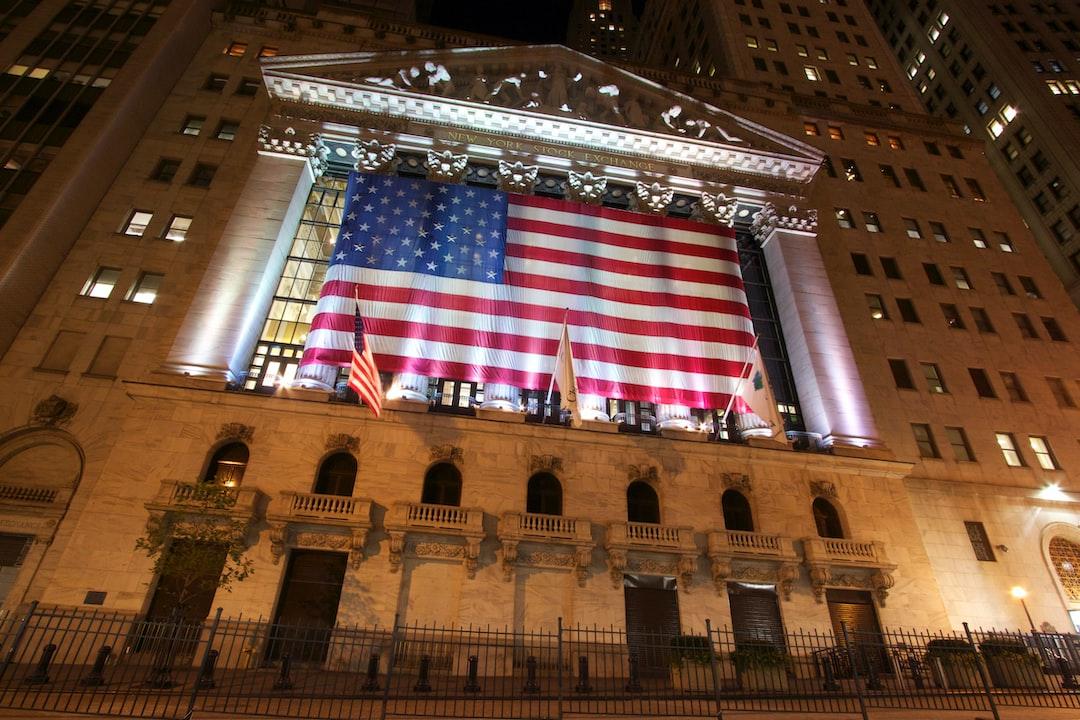OpenAI has filed a motion to dismiss certain aspects of The New York Times’ copyright lawsuit, claiming that the newspaper hired someone to manipulate ChatGPT and other AI systems in order to fabricate evidence for the case.
In a court document submitted on Monday in Manhattan federal court, OpenAI argued that The NYT induced the technology to reproduce its content using deceptive prompts that violate OpenAI’s terms of use. OpenAI did not reveal the identity of the individual it alleges The NYT enlisted, thus avoiding any accusations of the newspaper violating anti-hacking laws.
OpenAI’s assertion of “hacking” is seen by The NYT’s attorney, Ian Crosby, as a ploy to exploit OpenAI’s products to uncover evidence of the alleged theft and reproduction of The NYT’s copyrighted material.
The lawsuit, which was filed by The NYT against OpenAI and its primary financial supporter, Microsoft, in December 2023, accuses them of unauthorized use of millions of NYT articles to train chatbots that provide information to users. The lawsuit draws on both the United States Constitution and the Copyright Act to defend The NYT’s original journalism. It also targets Microsoft’s Bing AI, alleging that it creates direct excerpts from The NYT’s content.
The New York Times is one of several copyright holders taking legal action against tech companies for the alleged misuse of their content in AI training. Other groups, including authors, visual artists, and music publishers, have also initiated similar lawsuits.
OpenAI has previously claimed that training advanced AI models without incorporating copyrighted works is impossible. In a submission to the United Kingdom House of Lords, OpenAI argued that since copyright encompasses a broad range of human expressions, training state-of-the-art AI models would be unfeasible without incorporating copyrighted materials.
Tech companies argue that their AI systems utilize copyrighted material fairly, emphasizing that these lawsuits pose a threat to the substantial growth potential of the multitrillion-dollar industry.
Courts have yet to determine whether AI training is considered fair use under copyright law. However, some infringement claims related to generative AI system outputs have been dismissed due to insufficient evidence demonstrating resemblance to copyrighted works.
Magazine:
Google to address diversity issues with Gemini AI, while ChatGPT exhibits unpredictable behavior: AI Eye


